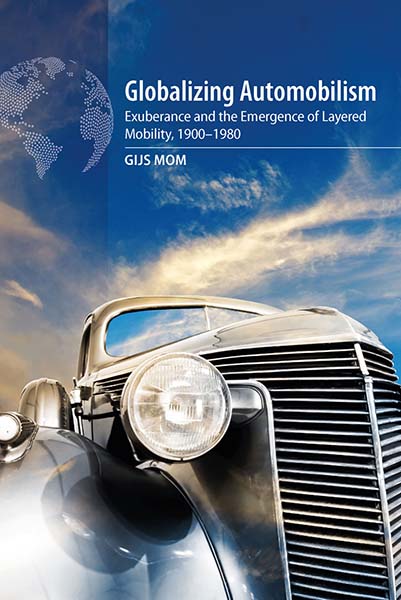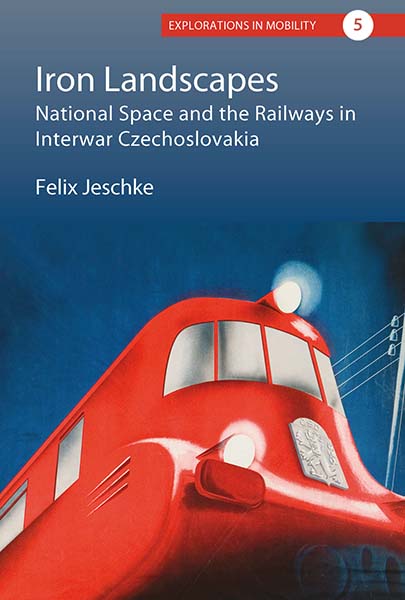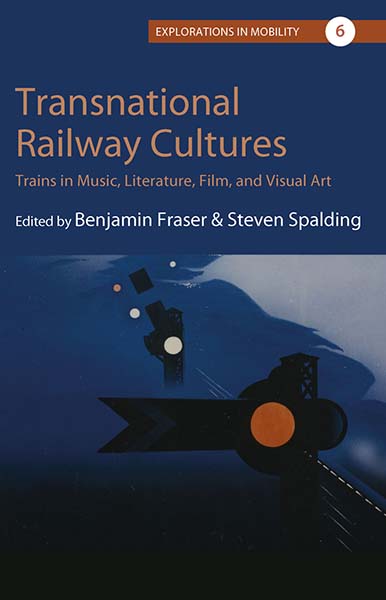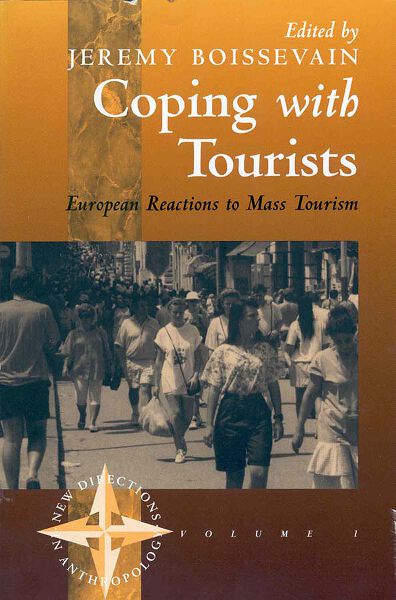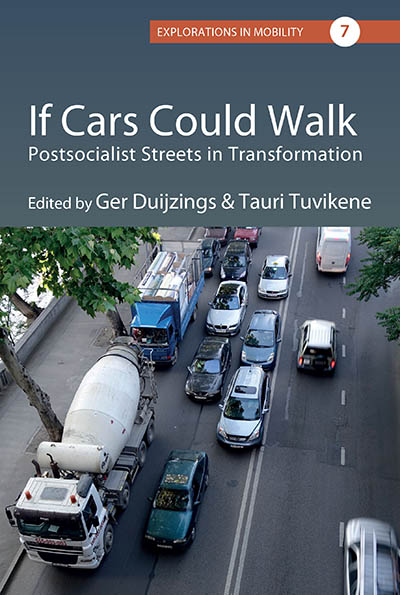
Series
Volume 7
Explorations in Mobility
Email Newsletters
Sign up for our email newsletters to get customized updates on new Berghahn publications.
If Cars Could Walk
Postsocialist Streets in Transformation
Edited by Ger Duijzings and Tauri Tuvikene
264 pages, 13 figs., bibliog., index
ISBN 978-1-80539-031-2 $135.00/£104.00 / Hb / Published (July 2023)
eISBN 978-1-80758-768-0 eBook
Reviews
“One of the greatest merits of this book is its inspiring and productive combination of different scientific fields—critical mobility studies, urbanism, postsocialist research. The result, along with other interesting findings, is an important and innovative vision of postsocialism.” • Technology and Culture
“When, some fifteen years ago, I started writing about automobility in socialist societies, little could I have imagined that the postsocialist countries of Europe would inspire a profusion of young scholars to examine their specific mobilities. If Cars Could Walk conveys all the excitement and even frisson of a pioneering venture.” • Lewis H. Siegelbaum, Michigan State University
“This book is an important addition to urban mobility studies and it surely will enrich our understanding of the transformations of street connectivity in the countries of Eastern Europe.” • Elena Trubina, University of North Carolina at Chapel Hill
Description
In the last twenty-five years, the explosive rise of car mobility has transformed street life in postsocialist cities. Whereas previously the social fabric of these cities ran on socialist modes of mobility, they are now overtaken by a culture of privately owned cars. If Cars Could Walk uses ethnographic cases studies documenting these changes in terms of street interaction, vehicles used, and the parameters of speed, maneuverability, and cultural and symbolic values. The altered reality of people’s movements, replacing public transport, bicycles and other former ‘socialist’ modes of mobility with privatized mobility reflect an evolving political and cultural imagination, which in turn shapes their current political reality.
Ger Duijzings is Professor of Social Anthropology at the Universität Regensburg. He has done extensive research on the conflicts in the former Yugoslavia and is currently studying urban transformations in post-socialist cities. His publications include Global Villages: Rural and Urban Transformations in Contemporary Bulgaria (Anthem, 2013) and, along with Ben Campkin, the co-edited volume Engaged Urbanism: Cities and Methodologies (I.B. Tauris, 2016).
Tauri Tuvikene is Professor of Urban Studies at the School of Humanities, Tallinn University. His research covers the intersection of urban cultures, mobilities, cities, and policies. He has published widely on these topics in various journals, as well as co-edited Post-Socialist Urban Infrastructures (Routledge, 2019) with Wladimir Sgibnev and Carola S. Neugebauer. He was Project Leader for a HERA-funded project on public transport as public space (2019-2022).
Subject: Transport StudiesHistory: 20th Century to PresentCultural Studies (General)
Area: Central/Eastern Europe
Contents
Download ToC (PDF)

